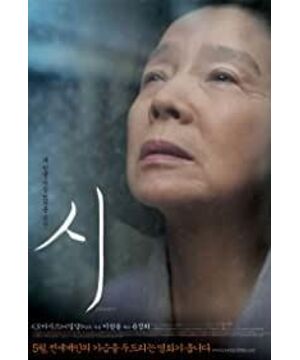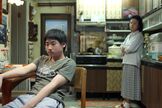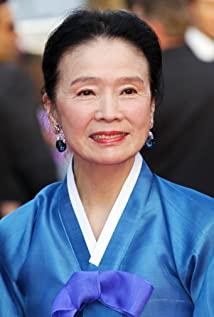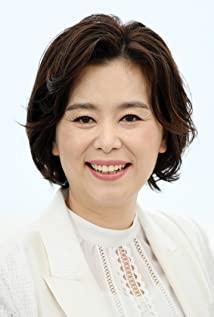The name of the movie is "Poems", a work by Li Cangdong. At first I thought it was just such a name, it was impossible to really talk about "poem". In what age, who would be so stupid to make a movie about "poem"?
Unexpectedly, I really talked about "poem". The main line is about an old woman in her 60s who is already a little bit demented. She studied hard to write poetry and finally wrote a story.
On the contrary, there is a secondary line of grass snake gray line, which is about a female student who was raped by six male classmates many times and finally committed suicide. The parents of the male classmates solved the problem of compensation afterwards.
God, it takes so much courage and courage to make a movie with the former as the main line and the latter as the secondary line.
What’s more awesome is that, to be precise, the processing of the entire movie is so subtle that it can’t be said to be a story at all. There are too many things without answers, and there are too many air-to-air images. What I try to tell is that it’s going to happen at any time. Something beyond the scope of its expression. Or rather to say that Li Cangdong is writing a "poem" this time, a poem in the true sense, not the kind of pear-shaped lamb with good breasts, but Cai Kangyong's so-called "all other methods are not clear or all should not be Speaking clearly" kind.
In the past, individuals have always had a tendency to emphasize words and disregard images, stubbornly thinking that many things can only be conveyed by words, and even the most gorgeous images are often no match for the usual to the infinitely more complex words. But what Li Cangdong told me this time is that the tension in some images is hard to reach even the gorgeous text.
View more about Poetry reviews











